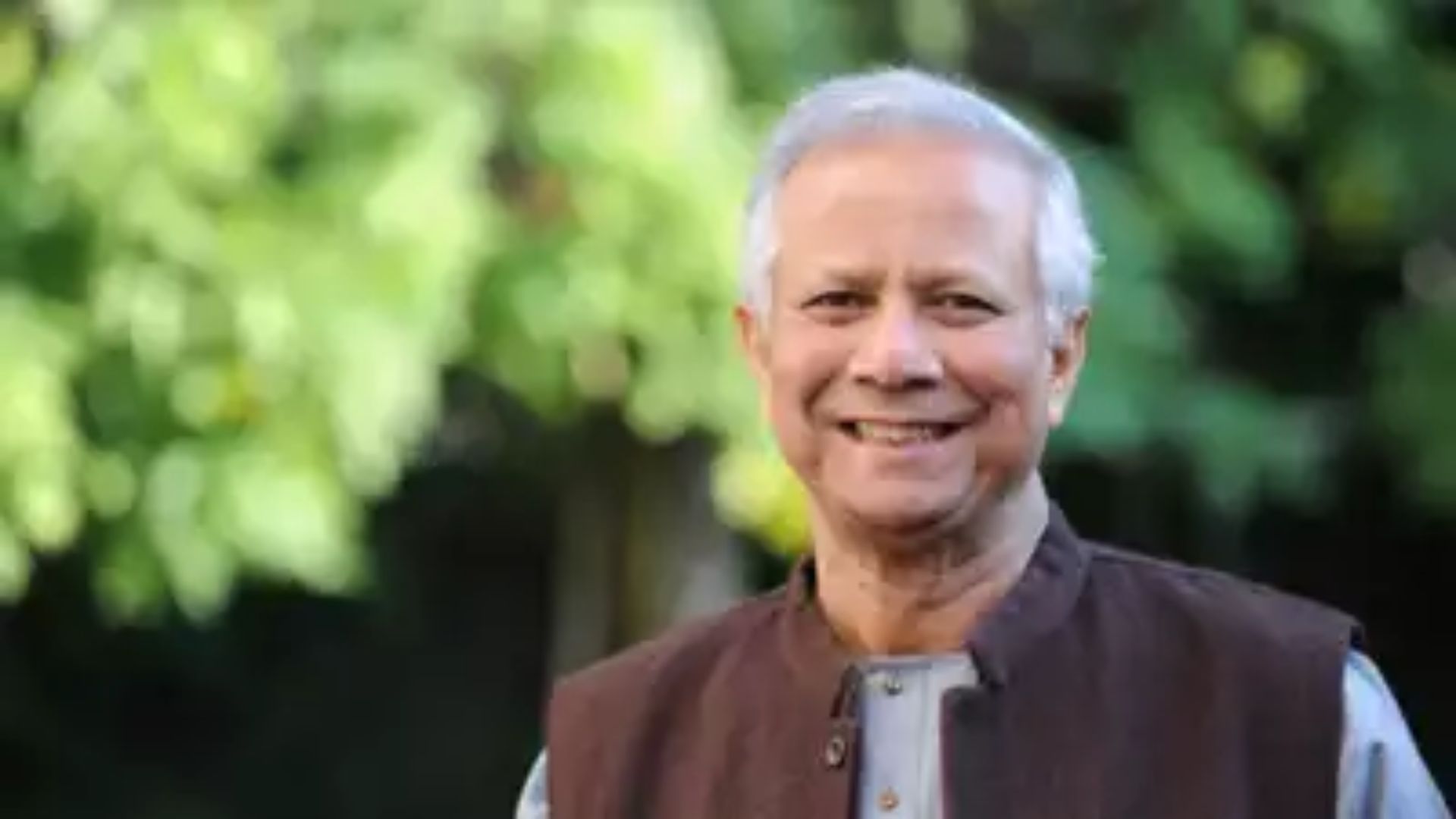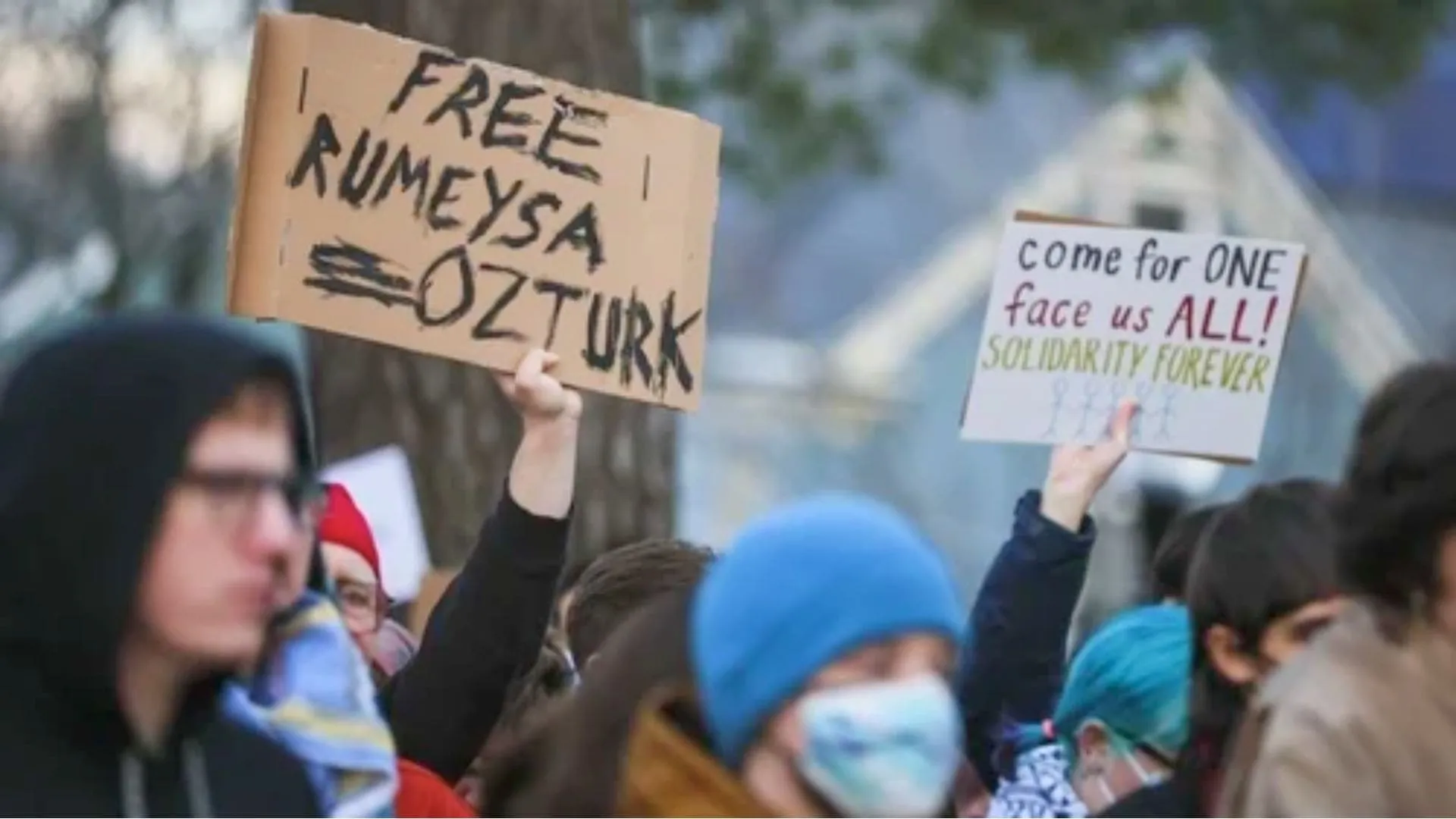A new provisional administration led by Nobel Peace Prize winner Muhammad Yunus has been proposed by the organisers of the current student protests in Bangladesh. Facebook produced a video early on Tuesday announcing this proposition. Meeting with the protest leaders is scheduled for Tuesday at 12 PM local time (0600 GMT) with Waker-Uz-Zaman, the chief of the Bangladeshi army.
Muhammad Yunus, born on June 28, 1940, in Chittagong, Bangladesh, is a renowned social entrepreneur, banker, economist, and civil society advocate. He gained global recognition in 2006 when he and the Grameen Bank were awarded the Nobel Peace Prize for their groundbreaking work in microcredit and microfinance. This initiative provides small loans to underserved entrepreneurs, enabling them to foster economic and social development despite limited access to conventional banking services.
Beyond the Nobel Prize, Yunus has received several prestigious honors, including the United States Presidential Medal of Freedom in 2009 and the Congressional Gold Medal in 2010. In 2011, he co-founded Yunus Social Business – Global Initiatives (YSB), which aims to promote social businesses worldwide through funding and advisory support, collaborating with various entities like companies, governments, foundations, and NGOs.
From 2012 to 2018, Yunus served as Chancellor of Glasgow Caledonian University in Scotland and was formerly a professor of economics at Chittagong University. He has also been instrumental in Grameen America and the Grameen Foundation, continuing his efforts in microcredit. Yunus served on the board of the United Nations Foundation from 1998 to 2021, contributing to numerous UN initiatives.
Yunus’s educational journey began at Dhaka University in Bangladesh and continued with a Fulbright scholarship to Vanderbilt University, where he earned a Ph.D. in economics in 1969. He began his academic career at Middle Tennessee State University before returning to Bangladesh to lead the economics department at Chittagong University.
Over his career, Yunus has held various influential roles, including participation in the International Advisory Group for the Fourth World Conference on Women (1993-1995), the Global Commission on Women’s Health, and the UN Expert Group on Women and Finance. His global contributions have been recognized with awards such as the Mohamed Shabdeen Award for Science, the World Food Prize, the King Hussein Humanitarian Leadership Award, the Volvo Environment Prize, the Nikkei Asia Prize for Regional Growth, the Franklin D. Roosevelt Freedom Award, and the Seoul Peace Prize.
In response to the 1974 famine in Bangladesh, Yunus sought to make a tangible impact by initiating long-term loans to help individuals start small businesses, leading to the creation of the Grameen Bank and the broader microfinance movement. This innovative approach has lifted countless individuals out of poverty and enhanced their quality of life.
Earlier this year, Yunus was sentenced to six months in prison for violating labor laws but was granted bail in March. He has also faced legal troubles related to a USD 2.3 million embezzlement case involving a workers’ welfare fund of Grameen Telecom, which owns a significant stake in Grameenphone. The charges pertain to the embezzlement of over 250 million takas and money laundering, with the funds allegedly diverted to trade union leaders instead of workers, depriving them of their rightful earnings.























